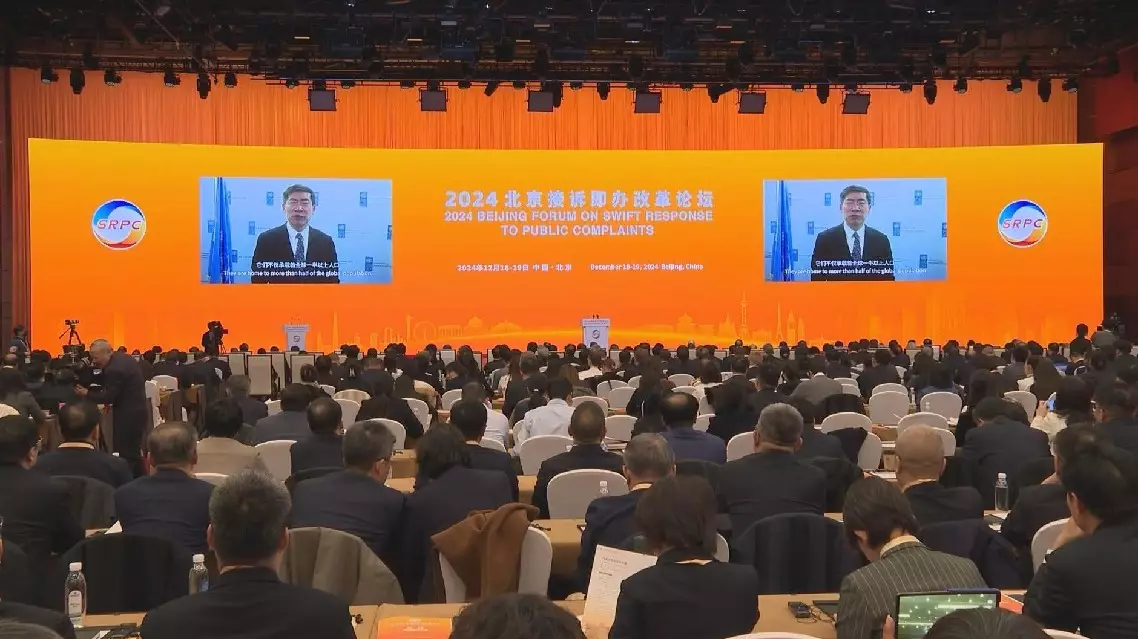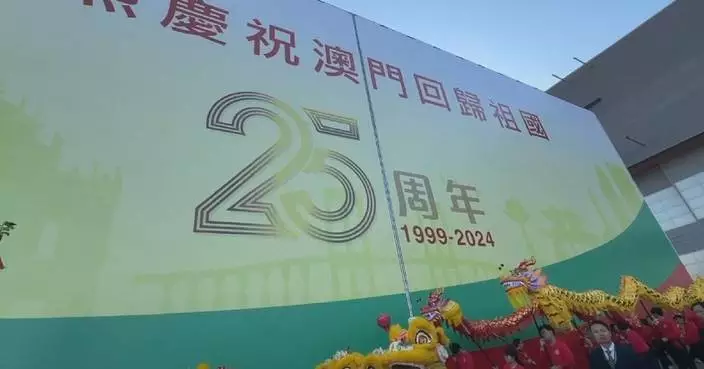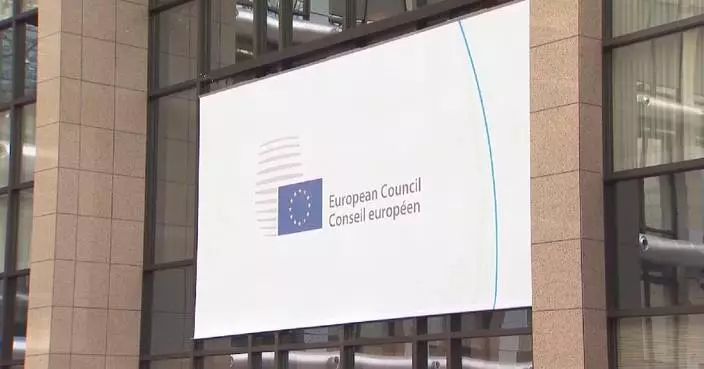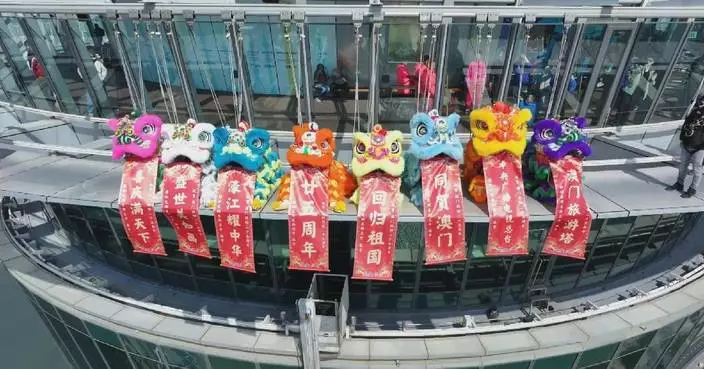Beijing's general-purpose service hotline, which has enabled swift response to residents' complaints and concerns, left a deep impression on global officials and urban affairs scholars at a city governance forum in Beijing Wednesday.
Themed "Modernizing for people-centered urban governance," the Beijing Forum on Swift Response to Public Complaints opened Wednesday, gathering over 700 participants, including Chinese and international guests.
This two-day event serves as a key platform for communication among high-level government officials on a wide range of urban governance issues, focusing on different approaches to responding to residents' needs and addressing public concerns efficiently.
At the forum, guests visited the 12345 hotline service center in Beijing to gain firsthand insights into China's innovations in the governance of megacities.
Attending representatives expressed admiration for the service center, which handles millions of cases each year.
"The Beijing swift response to public complaints reform initiative serves as an indispensable cornerstone building such trust in urban governance and enhancing citizens' sense of belonging and satisfaction," said former Prime Minister of Jordan Omar Al-Razzaz at the opening ceremony.
According to the Beijing municipal government, over the past six years, the city has processed more than 150 million public complaints, covering all aspects of urban management.
Since then, the resolution rate of the received complaints increased from 53 percent to 97 percent, while satisfaction rates rose from 65 percent to 97 percent, it said.
The significant improvement in the quality of government services can be partly attributed to its centralization, which enables residents to access all kinds of services simply by dialing one phone number.
"The hotline center, I've been there yesterday, very, very impressive. It's a big undertaking and I think it has been very successful within the context of China, also in other Chinese cities by the way, because 12345, of course, you find it in many Chinese cities. It's also organized in a different way compared to what we have done in the Netherlands," said Peter Nijkamp, a professor at Vrije University Amsterdam.
"I think the big difference here is that it's a single hotline that covers everything. At home we tend to have fragmented ones concerned with different problems. So, I think what's impressive here is that it is a single one, which covers everything," said Tony Prosser, a professor at University of Bristol.
Several reports on key achievements were also shared at Wednesday's forum opening ceremony, including the Compilation of Research Papers on Swift Response to Public Complaints in Beijing, Cases of Urban Governance Innovation, and the Evaluation Report on Worldwide City Hotline Services and Governance Effectiveness.

Int'l observers hail Beijing's swift-response public hotline, integrated call centers









